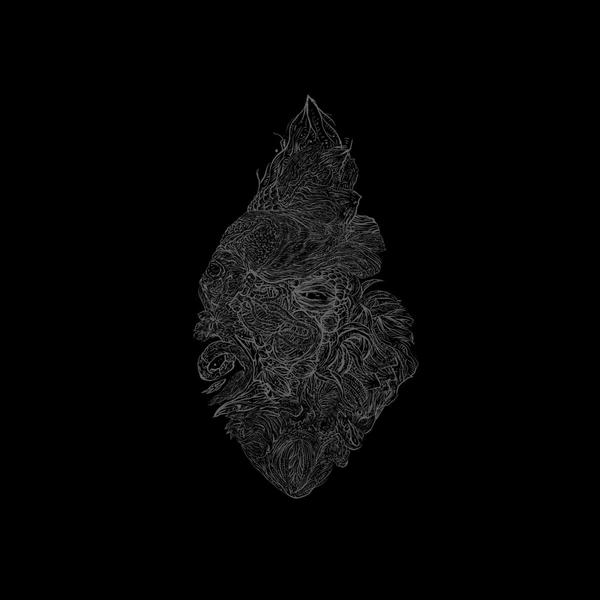Philip Glass’ Études at the Barbican were a reminder of just how good humanity can be
In 1994, the legendary Philip Glass started writing the first instalments in a series of 20 compositions that would take him 19 years to complete. Wanting to improve his technical abilities as a piano player but having grown bored of playing other people’s music, he embarked on a series of études, a term for pieces that are deliberately extremely bloody difficult to play, and more commonly used as technical exercises practiced behind closed doors rather than for the pleasure of an audience. Often, études aren’t designed for pleasure at all; they’re bafflingly complex, and – unsurprisingly in Glass’s case - highly repetitive, meant as mental and physical workouts for the benefit of the musicians rather than anyone else in earshot.
If this all sounds pretty academic, that’s understandable. But what was remarkable about hearing all 20 of Glass’s Etudes performed together for the first time in London tonight (29th April) was quite how transcendentally involved each of the pianists seemed in their playing. The audience, too, spent the evening either in mesmerised, reverent silence or rapturous, tearful applause at the end of each piece, having witnessed a feat of musical accomplishment that seemed at once superhuman and primeval. Each one of the 20 études now takes up a place on the 20 most astonishing pieces of music for piano I have ever heard performed. I’ve never been to anything like this, and save for another performance of the études, it’s unlikely I’ll witness anything close in future either.
Walking toward the unamplified grand piano in the middle of the Barbican stage to mass applause, Glass began the evening performing the first two of the Etudes, having admitted that – at age 78 – it’s now simply too difficult for him to play all 20 of them in a night. What dexterity in his playing may have dwindled as he approaches his ninth decade is more than made up for in the palpable levels of personal involvement in the pieces; those who share the stage with him tonight might play faster or more complex music, but the privilege of watching the man who composed it lose himself in works that are decades old was unsurpassable (admit it; even in his 70s, the person you most want to watch do keepy uppies is Pelé).
There comes a stage in the evening where it seems that each pianist who steps up is the best I’ve ever heard at the instrument, until they’re knocked off their perch by whoever is following them, only to regain it in after the interval when each of them gets another go at a pair of études. The levels of technical skill and focus on display across these two hours cannot be stressed or praised highly enough. Timo Andres’s playing seems so intensely absorbed you wonder whether blood might start spurting from his temples. Maki Namekawa, wife of Dennis Russell Davies (whose 50th birthday gave rise to the first set of Etudes) plays with a reverence for the material that’s as emotionally draining as it is technically dazzling. Claire Hammond moves from jaunty, playful interpretations to sections so frantic I sniff the air to see if I can smell smoke coming from the ivories. And as for Vikingur Olafsson, suffice to say his playing was so superb that, at times, he had moments where he made even his bafflingly accomplished colleagues look like mere amateurs by comparison. But to be fair, that could be said for all of them. I can’t remember who played what, exactly. I don’t think I was necessarily meant to. I zoned out, because it felt more appropriate – and music rarely makes an offer to do so quite as enticing as this one.
Glass’ études and the performances they were given tonight stand as a timely reminder of just what heights humanity can reach when levels of technical ability and personal involvement in the music are both at their highest. Nothing about this felt stuffy, big headed, or contrived. It didn’t feel remotely “classical” - each performer’s personality shone through just as brightly as their technical chops. The études might not have been written for meditative purposes, but they serve it better than any other music of which I’m aware. Part of what made tonight so special was that it offered a reminder that there’s so, so much music in the world of which I’m completely ignorant, and it made me want to hear all of it, immediately.
- Watch Lúpína perform live in session for Best Fit in Smekkleysa records in Reykjavík
- AJ Tracey announces forthcoming album, Don’t Die Before You’re Dead
- Yaeji returns with new single, "Pondeggi"
- The 1975, Neil Young, and Olivia Rodrigo to headline Glastonbury Festival 2025
- Lambrini Girls, SOFT PLAY, Hinds and more to join IDLES at their Bristol Block Party
- Panic Shack return with new single, "Gok Wan"
- Loren Kramar announces Lana Del Rey cover EP, Living Legend
Get the Best Fit take on the week in music direct to your inbox every Friday

Sasami
Blood On the Silver Screen

Hekla
Turnar

Michael Cera Palin
We Could Be Brave





